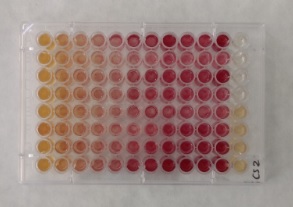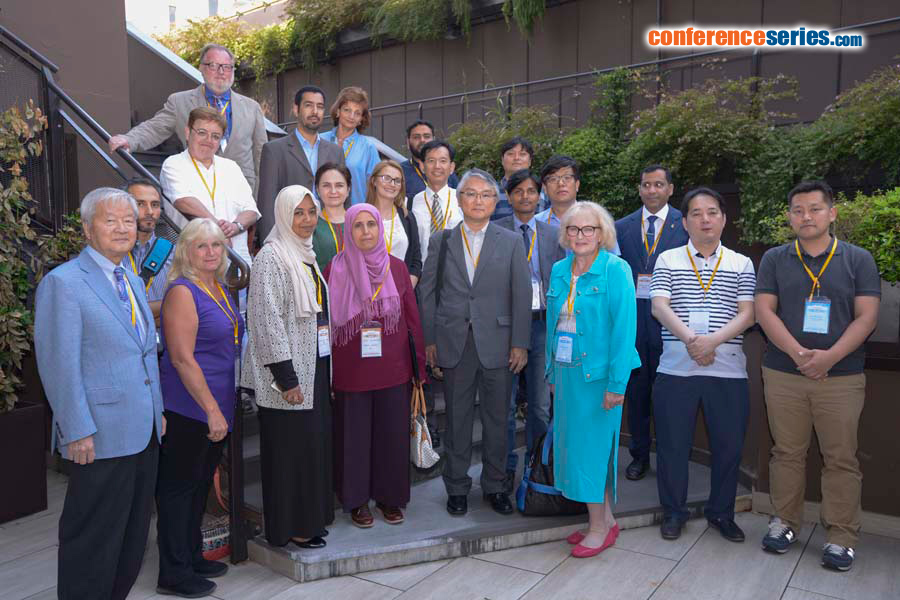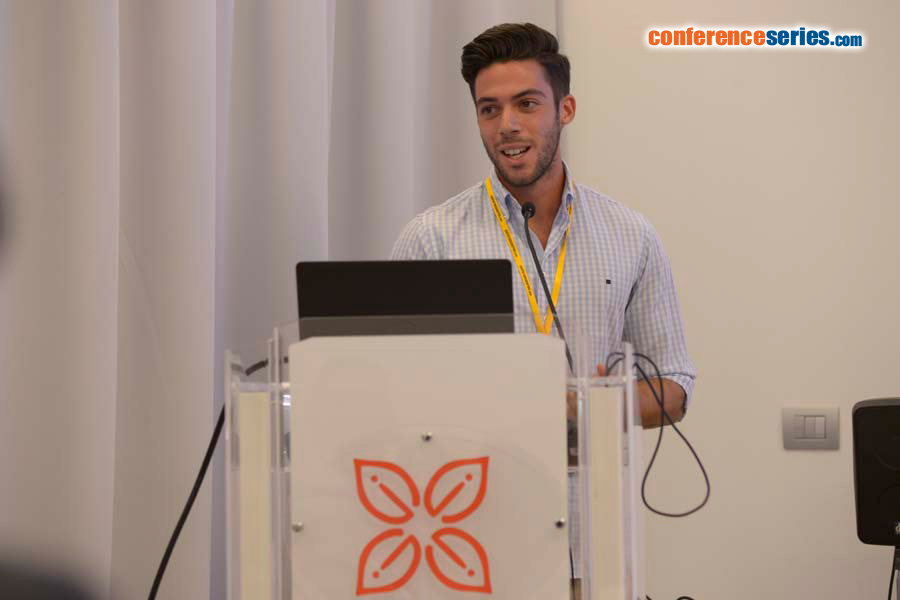
Francisco Javier Alvarez Martinez
Miguel Hernandez University of Elche, Spain
Title: Antimicrobial capacity of plant extracts and pure polyphenolic compounds on intrahospital pathogenic species
Biography
Biography: Francisco Javier Alvarez Martinez
Abstract
At present, the rise of multi-drug resistant microorganisms represents a serious threat to human health worldwide. The objective of the present work is the discovery of individual natural compounds or mixtures of them that have a remarkable antimicrobial capacity to be used as therapy against microorganisms resistant to antibiotics or as a complement to existing treatments. To carry out the tests of microbial susceptibility, we used ten natural agents with potential antimicrobial activity, including pure compounds and complex mixtures of them. The method chosen was disk-plate inhibition in Mueller Hinton (MH) medium, with positive results being those where the compounds produced an inhibition halo around the disc. The microbial species used in this study were Enterococcus faecalis, Enterococcus faecium, Staphylococcus aureus, Klebsiella pneumoniae, Enterobacter spp, Escherichia coli, Serratia marcescens, Salmonella spp, Pseudomonas aeruginosa, Stenotrophomonas maltophilia and Acinetobacter baumanii. All the strains were obtained from clinical isolates in the General University Hospital of Alicante. The most active formulations against microorganisms were two plant extracts and a pure compound, the major component of one of the previous extracts. The microbial species most affected by these natural agents were Staphylococcus aureus (between 62.1% and 72.4% of susceptible strains), Klebsiella pneumoniae (between 12.5% ​​and 25%), Enterobacter spp. 25%) and Stenotrophomonas maltophilia (between 37.5% and 62.5%). Three of the natural formulations tested exhibit a remarkable antimicrobial capacity against species of great clinical importance causing serious nosocomial infections. Given the results obtained, these naturally occurring formulations could be used in conjunction with known antibiotics to increase their efficacy and circumvent microbial resistance mechanisms. The next step is to characterize the effective concentrations of the natural formulations found in the present screening and possible synergy between them. The next tests will be performed using the p96 microdilution plate method.

Figure 1: Antimicrobial assay in p96 plate using ten different concentrations of natural agent against eight different isolates of Staphylococcus aureus.



